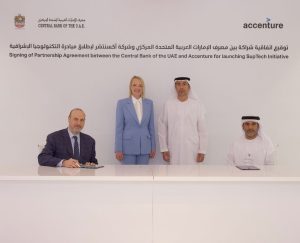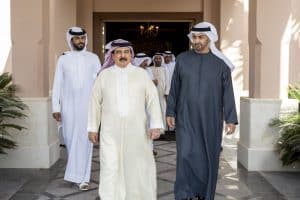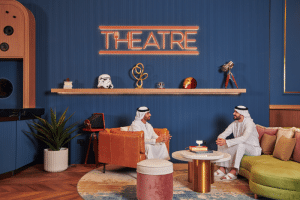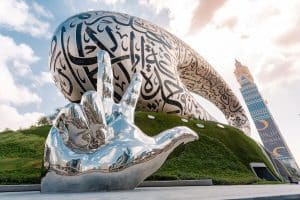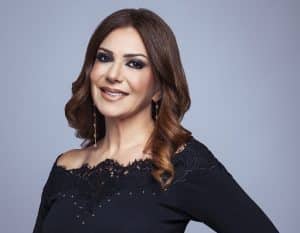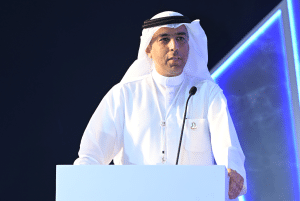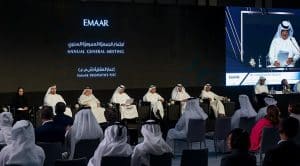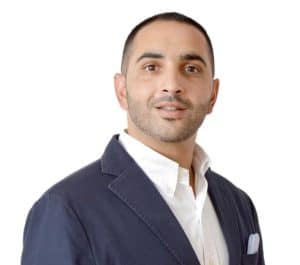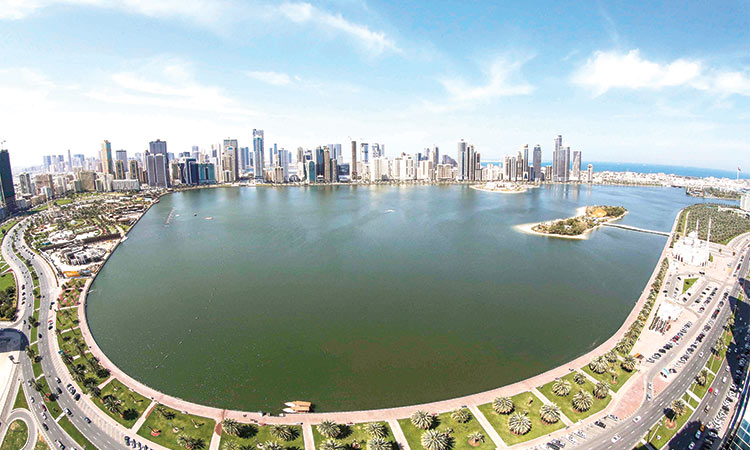
Across the globe, following the pandemic outbreak, as people experienced a number of challenges at once — lockdowns, bereavement, job uncertainties, and a general sense of malaise — mental health concerns ensued. Until then, despite decades of advocacy, mental health had continued to be marginal within the larger healthcare framework.
The newfound awareness led to multiple studies. In the UAE, in a survey of 4,426 participants, over 36% of respondents reported high stress due to work and finances, and about 63% said they felt helpless. These effects were particularly pronounced among young professionals and students.
In response, the UAE government and apex bodies took countermeasures, launching multiple, wellness-focused services. The Ministry of Health and Prevention (MOHAP) has launched Hayat, a programme for mental health support. The Emirates Health Services (EHS), too, has launched a dedicated in-patient treatment unit for senior citizens. Under the National Programme for Happiness and Wellbeing, a dedicated tele-counselling hotline has been launched to attend to distress calls from those with psychological concerns. This move is particularly noteworthy, considering it encourages people to seek help on their own accord and from their comfort zones, without inhibitions and social stigma. While supporting the general population, the EHS has also launched Theqa, supporting health care providers, who had to go beyond the call of duty during the pandemic.
The concerted effort has truly made an impact, as evident from upbeat sentiment among the UAE residents in the second half of 2021. According to HSBC’s 14th annual Expat Explorer study, the UAE ranks fourth in the world as the best country to live and work in. A whopping 82% of expats now feel optimistic that life will be more stable and normal again in the next 12 months — which is significantly higher than the global average of 35%.
However, as a country that never rests on laurels, the UAE has continued its mental wellness drive. In fact, it has kicked it up a notch, if the recent public-private partnerships are anything to go by. In an industry first, Sharjah Government-led Tatweer has signed a youth wellbeing program with EMPWR, the organization behind the region’s first mental health magazine. EMPWR is also known for its podcast and a well-moderated and anonymous social platform tailored to an Arabic audience.
Wathba, the joint initiative by Sharjah Capability Development (Tatweer) and EMPWR, is a landmark in the MENA region, bearing the promise of an inclusive support system for youth empowerment and mental wellbeing.
The wellbeing program will be accessible across the Mena region, starting with the UAE, Egypt, Qatar, and the KSA. In the first edition, EMPWR will be supported by FloraMind, a US-based youth mental health organization led by Forbes 1000 honoree and World Economic Forum speaker, Mahmoud Khedr. FloraMind and EMPWR have a region-wide partnership, enabling the implementation of their culturally relevant and clinically-approved curriculum.
Commenting on the development, Ally Salama, Founder of EMPWR, said: “Today’s youth are tomorrow’s leaders. So, their wellbeing and empowerment take precedence in the transitional and tumultuous time that the world is currently in. The partnership with a visionary like Tatweer is an ultimate validation of EMPWR’s impact in the region. We will build on the promise of Wathba, partner with more top-tier institutions and governing bodies, and strive for the sustainable development and wellbeing of youth in the MENA region.” A social entrepreneur, motivational speaker and ex-pro athlete, Ally Salama is a name that is synonymous with advocacy for mental wellbeing in the region. His work through EMPWR, the ‘Empathy Always Wins’ podcast, and related activism saw him feature in Forbes 30 under 30.
The rationale behind Ally’s content- and platform-driven model is to tackle the core issues plaguing mental healthcare delivery. These include stigma towards mental illnesses, denial, and the resulting hesitancy to seek timely help. Globally, despite the heightened awareness of the high incidence of mental health issues like depression and anxiety, there are lingering roadblocks to timely healthcare delivery. To this end, it is important to provide one-on-one platforms and safe spaces for people to come forward, share their experiences, seek and offer help, and not be apprehensive. Wathba and EMPWR’s ‘Empathy Always Wins’ podcast serve this purpose.
MOHAP, in collaboration with the Sharjah Roads and Transport Authority, organized an awareness drive for taxi drivers recently.
“Tatweer has been invested in the power of the youth. We believe it’s our utmost responsibility to ensure that youth have access to support networks, resources, and an environment conducive to learning. With Wathba, we aim to do this at scale, unlocking the potential of youth across the MENA region. We are glad to be partnering with Ally Salama-led EMPWR, whose advocacy for mental wellbeing and youth empowerment in the region has been revolutionary,” said Khalid Al Nakhi, Acting Director of Sharjah Capability Development (Tatweer).
GulfToday



